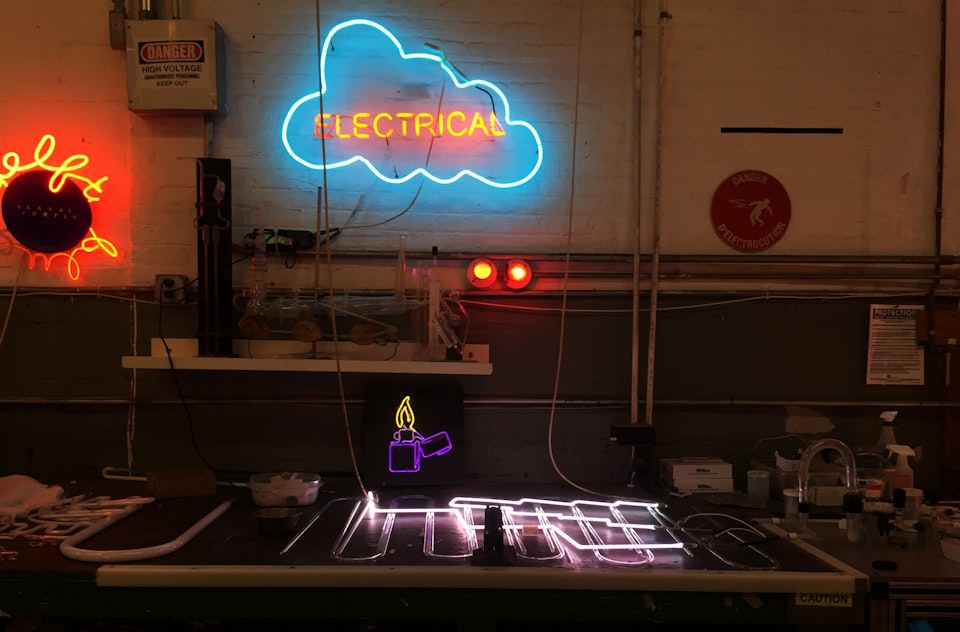September 10, 2017
This Is How Millennials Travel
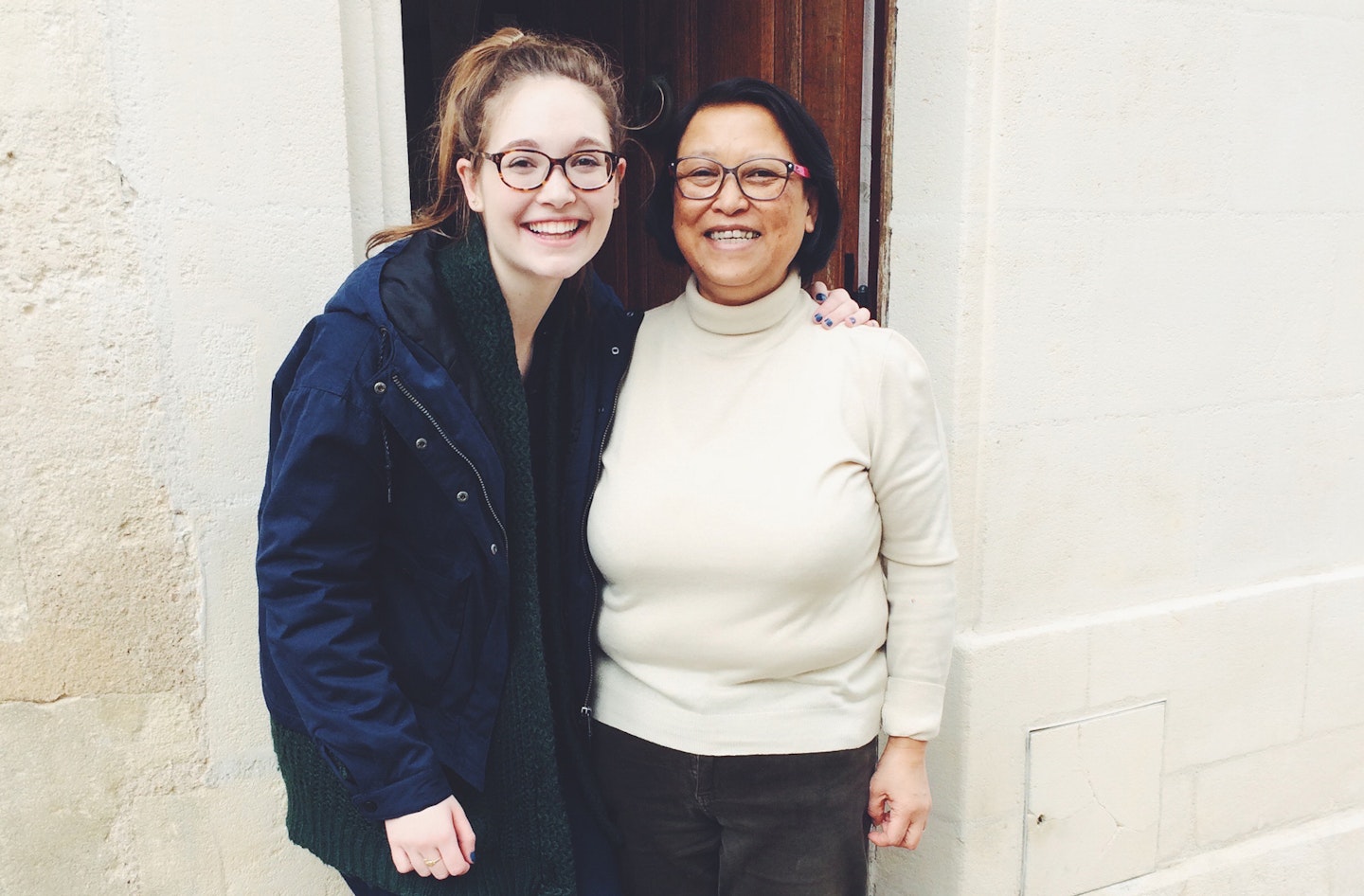
My name is Aisling, and I’m a millennial.
When I was asked to write a piece about how millennials are transforming travel, I began my research the way all good millennials do: I googled it.
What should have surprised me most was the lack of conclusive opinion within the travel industry about millennials’ impact on travel, but what actually surprised me most was the lack of millennial voices invited into the conversation.
I found myself wondering: If you want to know how millennials travel, why don’t you just ask us?
You didn’t technically ask me, but I’ve brought up a few points to get the conversation started. These are the ways millennials are changing travel, as told by a millennial traveler.
For millennials, vacation time is a necessity—not a privilege.
Millennials are taking more vacation time than their parents. In a society where mental health days and bleisure trips are becoming a norm, there is a firmly held belief that time off is necessary for one’s social, emotional, and physical wellbeing.
This big shift in work culture is primarily driven by millennials. Increased vacation time impacts the way millennials travel. For many, saving for travel has become an important part of life. Travel is valued not just as a time to relax and recharge from work, but as an entity apart from time off to spend with family or sick days.
It’s as simple as it sounds: more time off = more travel.
It’s worth noting that millennials still list spending time with family and friends as the primary reason they take time off and the primary reason they travel. As a first generation American, my annual travel schedule revolves around when I can visit my grandparents, and for many millennials, that’s not unusual.
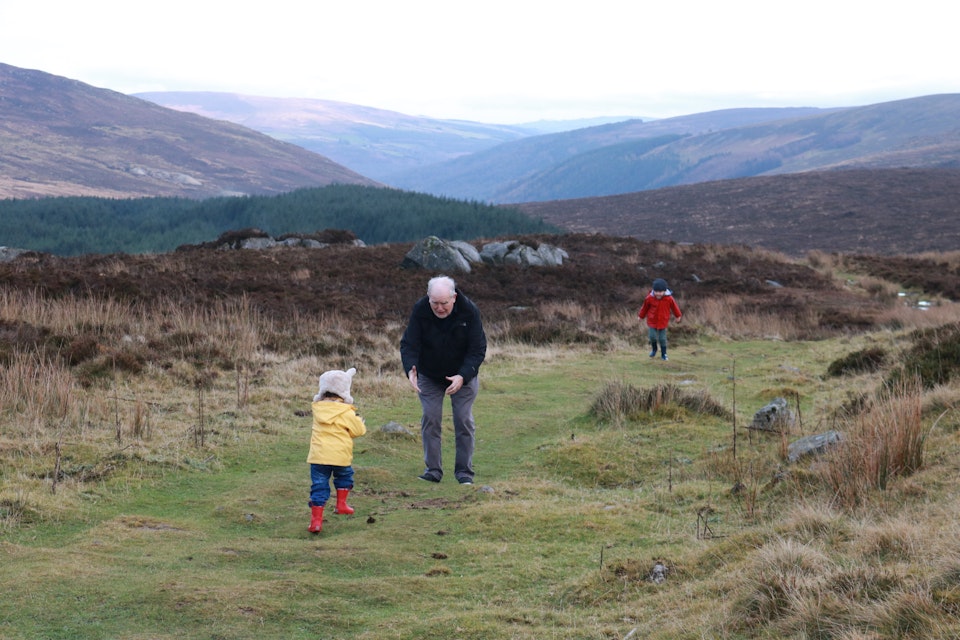
Spending time with my grandparents and young cousins in Wicklow, Jan. 2017. Courtesy of Aisling Henihan.
Millennials don’t travel to find themselves—we travel to grow.
Not everyone has access to world travel, but many people have access to the internet. Millennials are learning about the world (and themselves) on screens and online. We can get our thrills on Instagram and YouTube. We can see the world’s major sites on Google Maps. If we want, we can never leave the place we call home and still have the whole world at our fingertips.
So when millennials travel, we travel to gain something, to experience growth that a screen can’t give us. We travel for depth, to bring an image to life, to render something in three-dimensions, to make it real and personal to us. We travel to understand, because we know that we can’t fundamentally understand something just by seeing it online.
As a result, millennial travel is less about self-discovery than self-exploration. Millennials tend to travel to seek self-improvement. We want to learn, we ask questions, and we look outward to look inward, disconnecting to connect.
So what are millennials actually doing? How are we seeking this kind of growth?
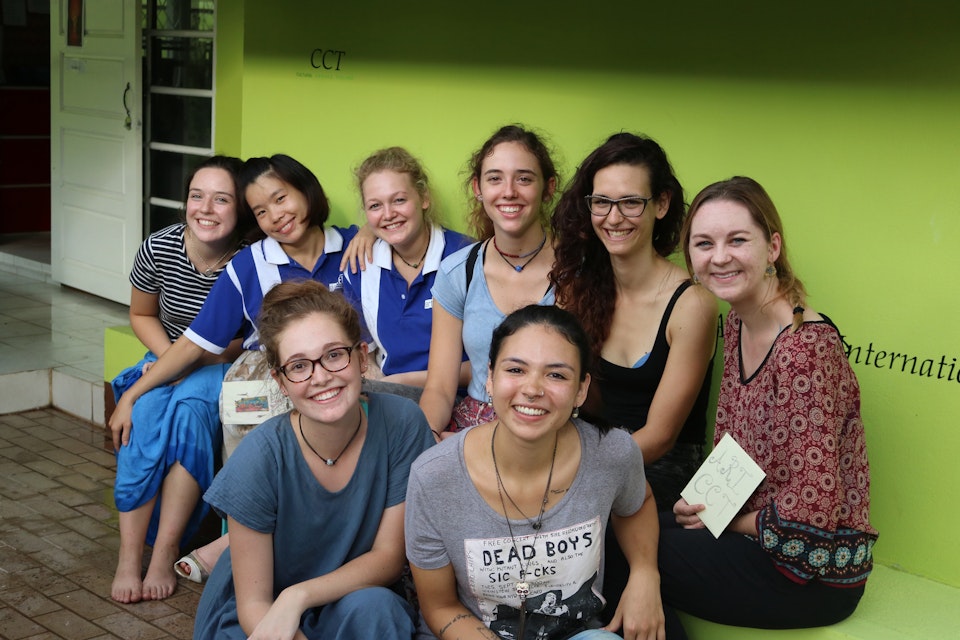
Working with a local, Thai-run art therapy NGO (Art Relief International) in Chiang Mai, Thailand, June/July 2016. Courtesy of Aisling Henihan.
Millennials don’t just experience—we engage.
Millennials seek experience in every aspect of travel, from places we stay to food we eat and activities we participate in. From yoga retreats to writing workshops, cooking classes to regional crafts, millennials search for new ways to engage locally and favor active experiences over passive entertainment.
The travel industry has mobilized to respond to this demand, with platforms like AirBNB allowing travelers to stay with locals rather than in sterile, generic hotel chains. But the industry has missed the need at the heart of the demand: millennials don’t necessarily just want to experience new places—we want to live them.
Millennial travelers demand opportunities for immersion, exploration, and participation in the life and culture of another place. We don’t want to be sold the illusion of getting to know a place through the homes and tables of locals; we want to use those experiences as tools to get to know a place for ourselves.
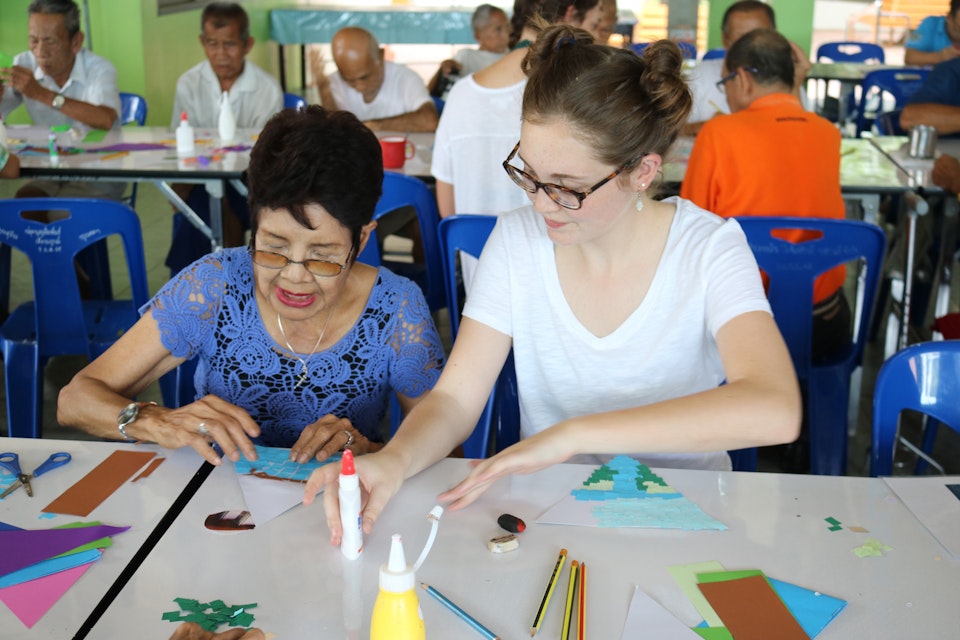
Engaging with locals. Courtesy of Aisling Henihan.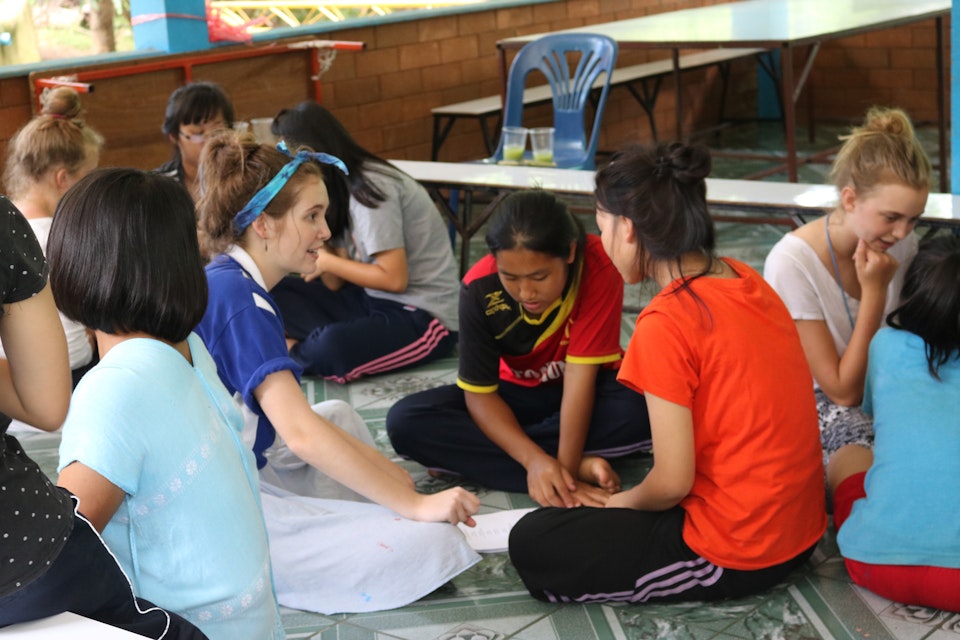
Becoming friends with locals. Courtesy of Aisling Henihan.
In my own travels, this has meant choosing homestays over hostels and sometimes paying extra to find meaningful and memorable opportunities. In Portugal, it meant hunting for the perfect bottle of port for my parents’ anniversary. In France, it meant spending a few months studying the language. In Thailand, it meant volunteering in an art therapy NGO. In Cambodia, it meant spending time with a friend, orphaned by genocide, who works as a counselor in the shelter she once called home. In all of these places, travel meant bearing witness. It meant hearing and seeing and feeling. It meant experiencing. It meant actually living.
To millennials, travel isn’t about going somewhere. It’s about bringing something back—a skill, a mindset, a memory. I couldn’t have had the experiences I describe at home. And it’s true that my experiences were specific to the place, but my travel wasn’t about the location as a destination. What I valued most about each of those experiences was the opportunity to be vulnerable and the chance to take something away from that vulnerability.
Travel has the potential to bring about permanent change in our lives. As an element of my lived experience, travel has come to affect everything about the way I choose to live. While studying in London, I took ballet with world masters. While working with VAWAA in New York, I took a neon-bending class. These experiences gave me a creative outlet, an opportunity to connect locally, and a set of skills to carry forward, whether or not I ever step into a studio again. I see this as the real and transformative impact of travel: the courage to try something new, to fail, to succeed, and to carry forward.
Taking a neon class while working in New York for the summer, July 2017. Courtesy of Aisling Henihan.
Few industries feel the impact of millennial trends more than the travel space.
So it’s important to pay attention to what millennials are doing and to listen to how and why they’re doing it.
Here’s my takeaway: Millennials choose experience as a way of life. The desire to experience is driven in part by a desire for authenticity in a digital society that often values appearances over realities. In a disconnected world, millennials seek connection in their travels, whether they travel to see family or travel to see new places.
For millennials, it is a radical act to be present in a world so full of distractions. It is radical to be curious, to open ourselves to the unknown, to challenge ourselves. Millennials travel to push the boundaries of a digital world. We travel to understand something that we’ve heard or seen but can’t imagine. We travel to expand ourselves, to grow bigger and to open our hearts and minds.
Millennials travel to connect.
Written by Aisling Henihan
For more stories and new artist updates, subscribe here.
